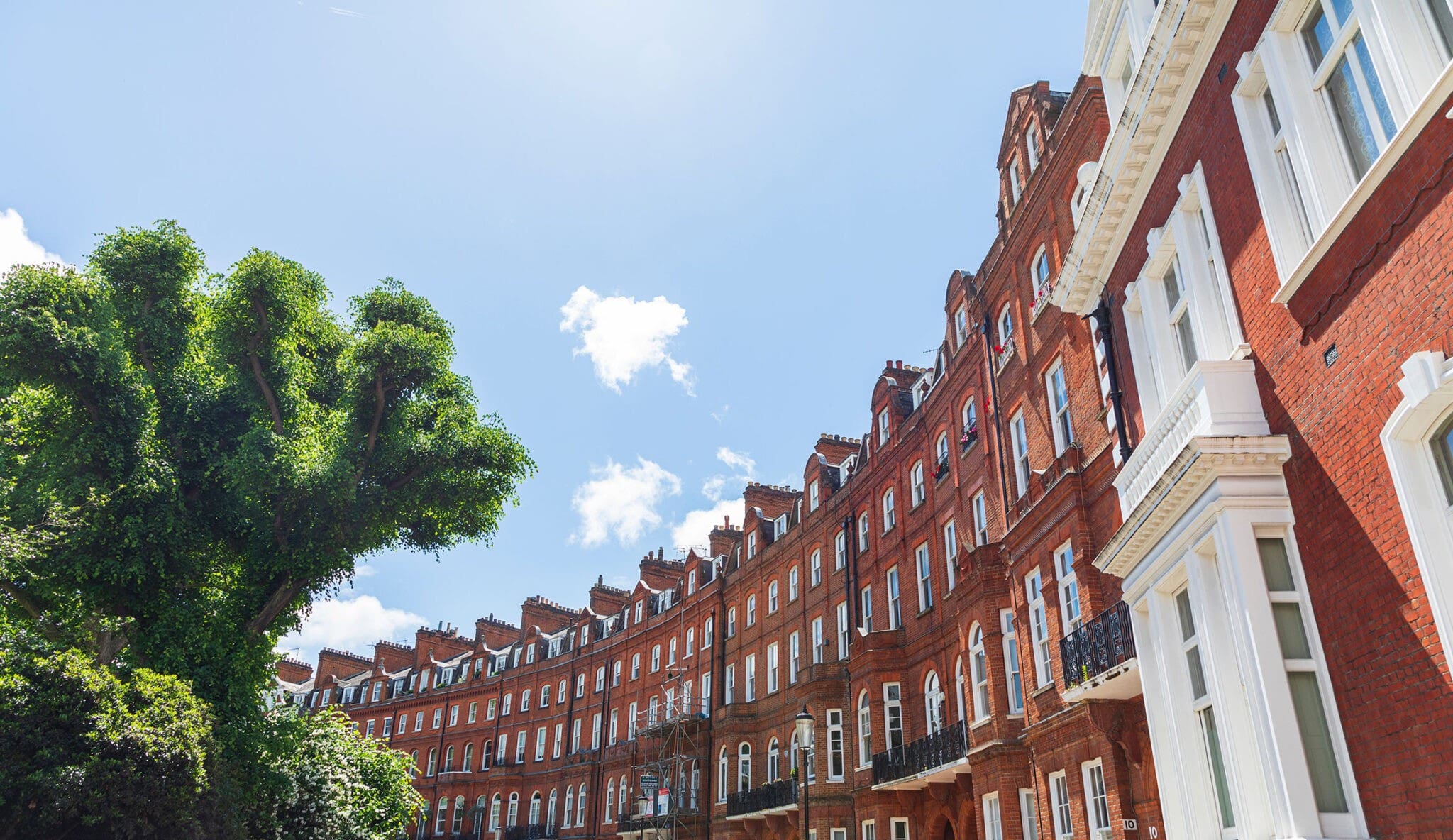Tax on the sale of UK property
The tax treatment of selling a property held in personal ownership is different depending on whether the property was acquired with a view to resale or for rental income and long-term investment.
Tax when selling trading properties
Those who acquire or develop a property for resale are normally regarded as “trading” and profits on sale are taxable as income, whether the property owner is a resident or non-resident in the UK. Trading income is taxed at rates up to 45%.
Tax when selling an investment property
Where property is acquired to hold for rental income, this is generally regarded as “investment”. Sales of investment property are normally subject to Capital Gains Tax or CGT for short. Capital Gains Tax (CGT) is a tax on the profit you make when you sell or ‘dispose of’ an asset that has increased in value since you purchased it. To clarify, you are not taxed on the full amount you make from the sale, only the profit or ‘gain’. This would apply to a sale, a transfer to somebody else (such as gifting the property to a child), exchanging it for another asset, or receiving compensation.
Individuals are subject to CGT at 18% or 28% depending on their level of UK income, but an annual CGT exemption amount is available. If a property is owned by a trust the rate of CGT is 28%, with a trust only entitled to half of the annual exemption an individual is entitled to.
Tax when selling a main residence
Under most circumstances, you won’t usually be taxed on the sale of your main home due to a tax relief called Private Residence Relief (PRR).
PRR will exempt the gain from CGT when you’re selling a home you have lived in as your main residence for the entire period of ownership. You must meet this and all other PRR criteria to be eligible for the relief. There are a number of scenarios that may limit your entitlement to PRR, including;
- Letting out all or part of your main residence (not including having a lodger who shares the house with you)
- Using part of your main residence for business purposes only
- Generally, the grounds must not exceed 5,000 square metres
- You must not have bought the property simply to sell it for profit
So, what qualifies as my ‘main residence’ for Capital Gains Tax purposes? What makes the main residence is a complicated issue in tax law, very simply put it in your home. Home is of course, much, much more than simply where you live and will be relatively easy to identify in most circumstances.
If you own more than one home, you are able to nominate which property you would like to be your main, tax-free residence. This doesn’t have to be the one you live in all, or even most, of the time. You may wish to nominate the property you expect to make the most profit on when you sell it. Once you have purchased a second home, you have two years within which to nominate your main, tax-free residence.
It should be noted that if you are married or in a civil partnership, you can only nominate one property between you.
Other tax considerations when selling property
CGT Reporting within 60 days
From 6 April 2020, UK residents selling a home that is not their main residence will have 60 calendar days from the date of completion to notify HMRC of the gain on a new CGT return and pay any CGT owed. This is a significant shortening of the previous deadline; those selling a property liable to CGT prior to the start of the 2020 tax year had until the self-assessment tax return deadline of 31 January following the end of the tax year of sale to notify HMRC and pay any tax due. The disposal needs to be reported through HMRC’s Capital Gains Tax Service and should you require any assistance in submitting these returns please get in touch with one of our capital gains tax accountants, who have significant experience in this area.
Company ownership
Companies are subject to corporation tax on their gains at the corporation tax rate, currently 19%. Indexation allowance is available up to December 2017. Companies are taxed on trading profits at the same rates but without any indexation allowance.
Whether a property is trading or investment is a question of fact which depends primarily on the intention at the time of acquisition. Some reliefs such as indexation allowance and rollover relief are available only for investment properties. Some reliefs such as Business Asset Disposal Relief and Substantial Shareholding Exemption are only available where a company owns trading property.
Non-UK residents are not generally within the scope of UK CGT but for UK property, they are now taxed in broadly the same way as UK residents, although for non-residents who already owned UK property in April 2019 some favourable rules still apply. Further information on the taxation of UK residential property for non-UK residents can be found here.
For further guidance or assistance on any property tax matters contact Amal Shah or our property tax team today.

Let’s get started
Contact page
Contact Us





